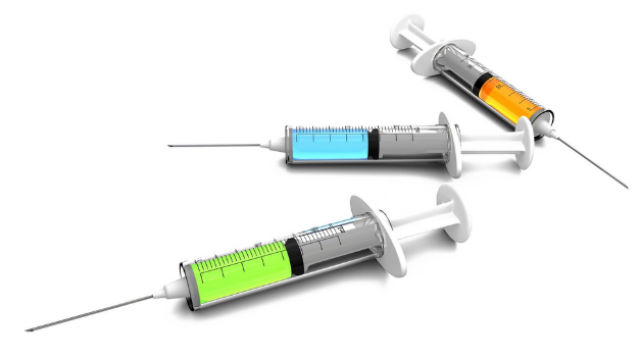Jealousy is for the Dogs: New Study Uses Canines to Explore Envious Emotions

What’s the Latest?
A new study published in PLOS ONE argues that dogs are capable of feeling and exhibiting jealousy just as humans do. This finding steers away from beliefs commonly held in the scientific community that jealousy and envy can only be found in humans. Christine R. Harris, the UC San Diego psychologist who authored the study, formed the hypothesis that jealousy is not the result of advanced brain power, but rather that it “has some ‘primordial’ form that exists in human infants and in at least one other social species besides humans.”
What’s the Big Idea?
Although Harris’ study featured canine experiments, her broader aim is to help explain jealousy as a whole. In covering the study, The Washington Post’s Rachel Felton also interviewed Sybil Hart, a professor of Human Development who focuses her research on infant jealousy. Hart agrees with Harris’ suppositions: if jealousy can be traced in a dog or observed in an infant, it is likely the root of the emotion is in something much more basic and primal than initially assumed. But what really causes it? Unlocking the secret is still quite a few steps away.
Read the study here.
Keep reading at The Washington Post
Photo credit: Martina Osmy / Shutterstock





